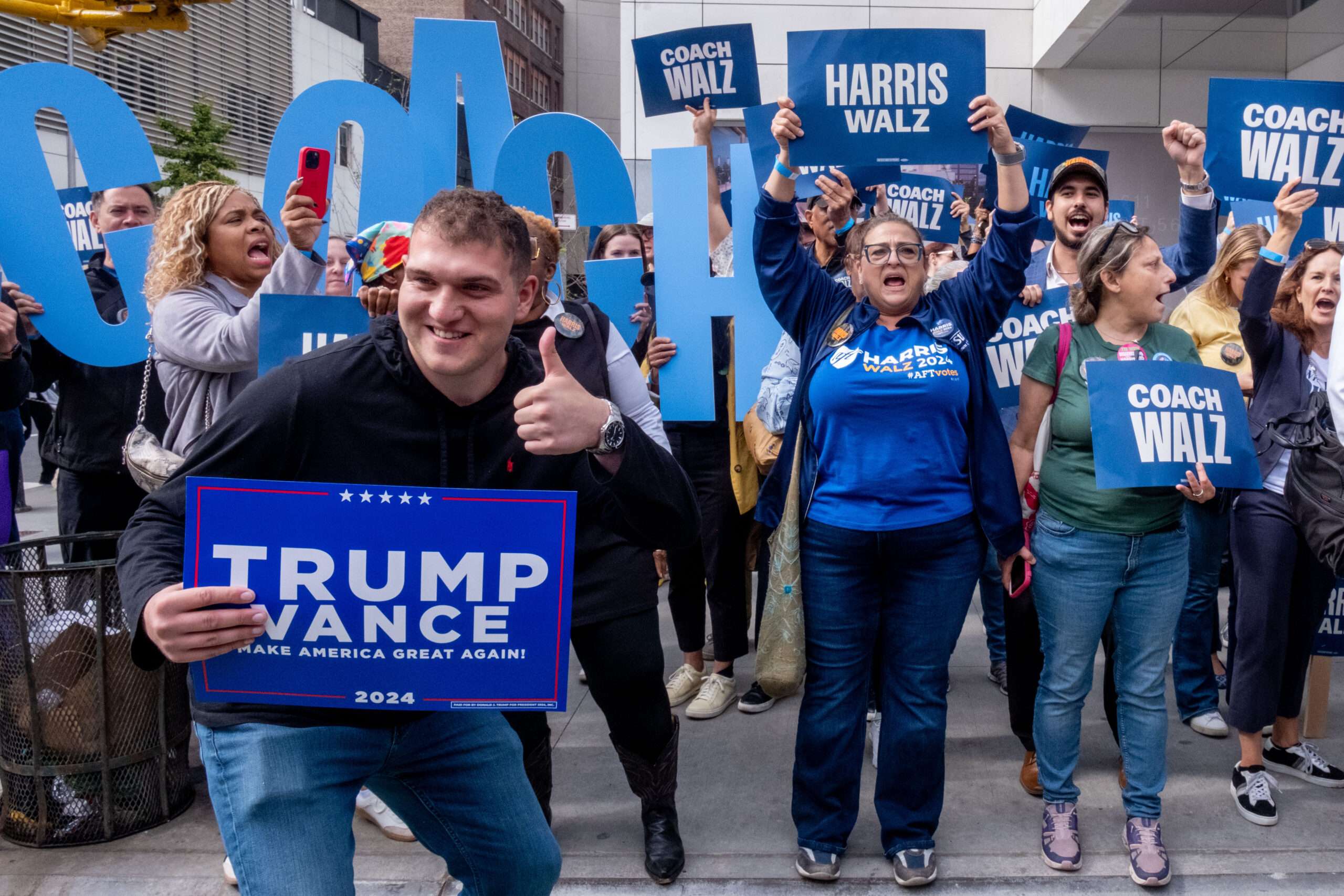Incompetent Candidates Won’t Resolve Poor Politics
As the 2024 presidential election approaches its conclusion, a prevailing sentiment among voters can be characterized by widespread dissatisfaction and discontent with the choices presented. Polls indicate that a significant majority believes the country is headed in the wrong direction, with neither major party candidate receiving majority favorability. Consequently, the race appears to be a tight contest, with the candidates primarily focusing on discrediting one another rather than presenting compelling visions for the future. Observations from political commentators reveal that a large number of reluctant voters are casting their ballots more as a rejection of the opposing candidate rather than an endorsement of their chosen candidate. This phenomenon is evident in the sentiments expressed by conservative commentator David French, who argues that a victory for Kamala Harris could disrupt Donald Trump’s stronghold over the Republican electorate. In contrast, Bridget Phetasy articulates her decision to not vote for Trump as a stance against leftist policies, reflecting a broader trend of voters prioritizing what they oppose over what they support.
Kristen Soltis Anderson further encapsulates this prevailing mood by labeling the election a “stop the madness” election. Focus group discussions reveal that voters are less concerned with specific policy promises and more focused on restoring a sense of pride and stability in the nation. Many express feelings of existential concern regarding their rights and freedoms in light of the political climate. Anderson notes an unexpected similarity in voter sentiment across party lines; both Trump supporters and Harris supporters are reacting to a shared sense of crisis. This widespread anxiety hints that, regardless of the outcome, disappointment is likely to extend beyond election day, as both potential results fail to promise genuine transformative change.
The anticipated outcomes of either a Trump or a Harris victory are well-understood, albeit contentious. Historical context shows that a win for Trump would not mitigate the rise of so-called “anti-civilizational” ideas promoted by the left; rather, his presidency could amplify such sentiments, as his administration previously saw a backlash in the form of heightened cancel culture and progressive activism. Conversely, a Harris victory would not eliminate Trump’s populism from the political discourse. The Biden administration’s leftward drift following a temporary Trump unpopularity has left a sour taste among many voters, contributing to a potential resurgence of Trump. The dichotomy here illustrates a cyclical frustration wherein neither side effectively addresses the root of contemporary political grievances.
Ross Douthat, in his commentary, reflects on how the left’s strategy post-2016, aimed at projecting stability and competence, has instead contributed to the current electoral climate’s uncertainty. He asserts that instead of rising above chaos, the liberal response mirrored some of the franticness associated with Trump’s presidency, leading to a muddied landscape where voters feel neither option offers a truly rational or stable choice. This muddled perception renders it difficult for many conservative or moderate voters, who wish to distance themselves from Trump, to find viable alternatives, as they perceive both candidates as inadequate responses to the challenges faced by the country.
Democrats have tried to navigate this landscape by emphasizing the dangers of Trump, particularly in light of events like January 6. However, their attempts to leverage this narrative often backfire, as the electorate has grown disenchanted with the party’s inability to offer inclusive governance. They have instead resorted to urging voters from diverse political backgrounds to choose them solely out of fear of Trump’s potential return, a strategy that lacks resonance among moderates and independents. This tactic is exemplified by remarks from figures like Secretary Buttigieg, whose appeals to libertarian voters are undermined by the perceived authoritarian tendencies of the recent Democratic administration.
Ultimately, the 2024 election highlights a broader issue within American politics – a stagnation characterized by a lack of appealing candidates who can transcend the current polarized climate. Voters face the grim reality of selecting between two unpopular figures while grappling with deepening frustrations over ineffective governance. The dysfunction in contemporary politics suggests that transformative change is unlikely, and both the Democratic and Republican parties are failing to provide the kind of visionary leadership needed to improve the political landscape. As a resolution appears increasingly elusive, the cycle of dissatisfaction continues, and the hope for better alternatives remains unfulfilled within today’s electoral choices.
Share this content:












Post Comment